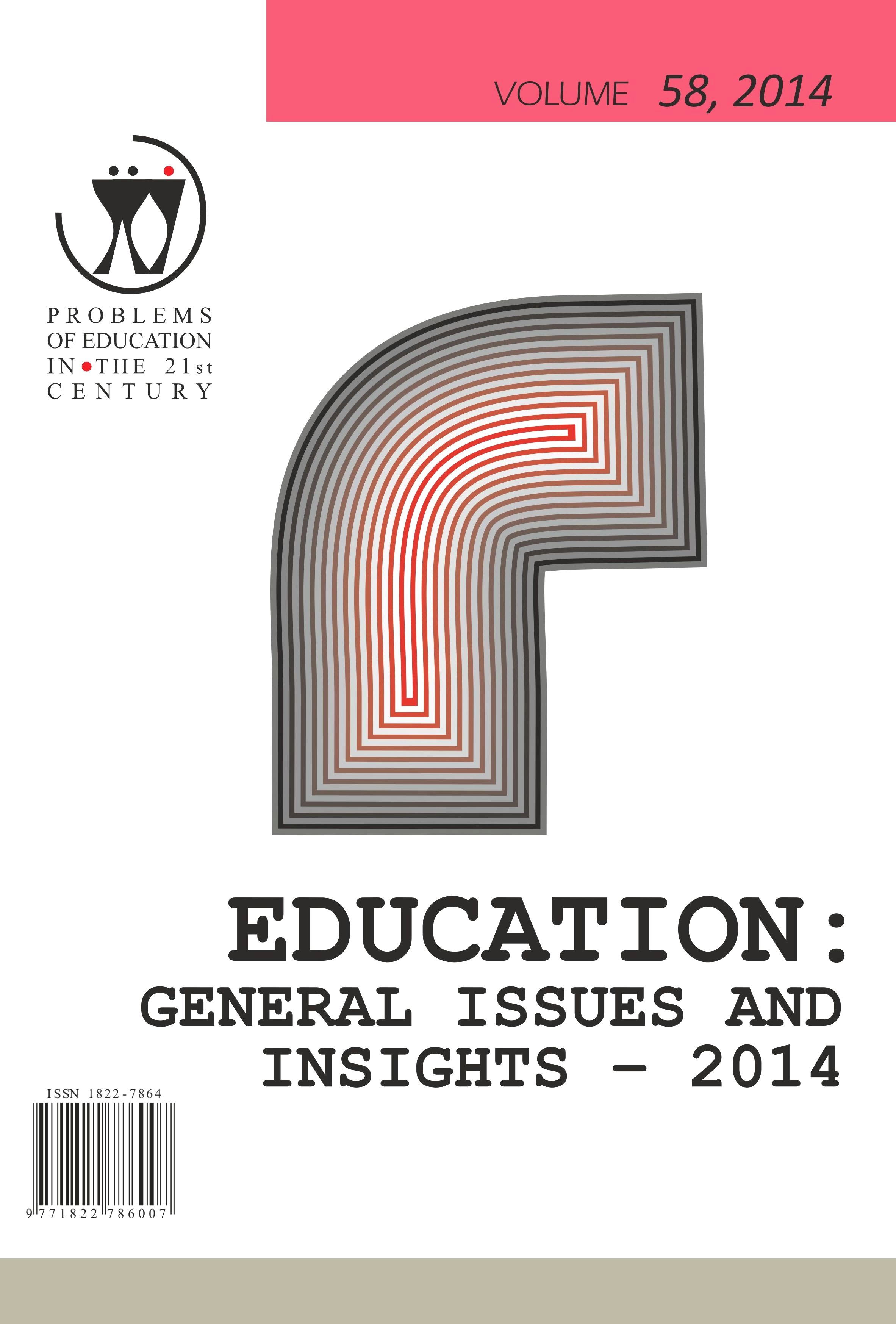THE ROLE OF PARENTAL INFLUENCES ON THE ECONOMIC SOCIALIZATION OF CHILDREN
THE ROLE OF PARENTAL INFLUENCES ON THE ECONOMIC SOCIALIZATION OF CHILDREN
Author(s): Sabina Kołodziej, Katarzyna Lato, Magdalena SzymańskaSubject(s): Education, Pedagogy
Published by: Scientia Socialis, UAB
Keywords: children; economic education; economic knowledge; parents; pocket money;
Summary/Abstract: Knowledge and understanding of basic economic concepts is crucial for the future orientation of children in a world of economy and influences taken in this sphere behaviors. Therefore, the aim of formal and informal economic education is to prepare young people to make independent and smart decisions regarding his or her financial resources. Nowadays, children earlier and earlier begin activity on the market, thus the economic knowledge role increases. Article presents two studies analyzing the relation between parents behaviors and children economic knowledge, understanding of market mechanisms and their decisions regarding money. Study 1 focused on parents informal education activities in the sphere of economics. The research covered a group of 100 respondents (50 pairs – parent and a child) and used questionnaires (separately for children and parents) on parents activity in the sphere of economic socialization. As a second part of the study children solved the Basic Economic Test (Walstad & Robson, 1990) designed to measure the level of economic knowledge among school-aged children. The study 2 analyzed the relations between parents activity connected with economic socialization and children economic knowledge as well as behaviors related to saving, borrowing, lending and repayment of one’s debt. In this study a group of 52 children took part and filled in a questionnaire on their economic knowledge and behaviors as well as their parents activities concerning economic socialization. Study 1 showed a positive correlation between parents informal education activity in the field of economics and the economic knowledge level of children. Study 2 showed higher levels of economic knowledge and more frequent attempts to earn money among children who receive pocket money. Results of both studies showed that the level of economic knowledge among children whose parents give them pocket money, explain economic issues and talk with children about planning household budget is significantly higher that among children who are not animated by parents. Moreover, parents activity in this field plays a vital role in shaping children’s first economic activities.
Journal: Problems of Education in the 21st Century
- Issue Year: 58/2014
- Issue No: 1
- Page Range: 99-107
- Page Count: 9
- Language: English

